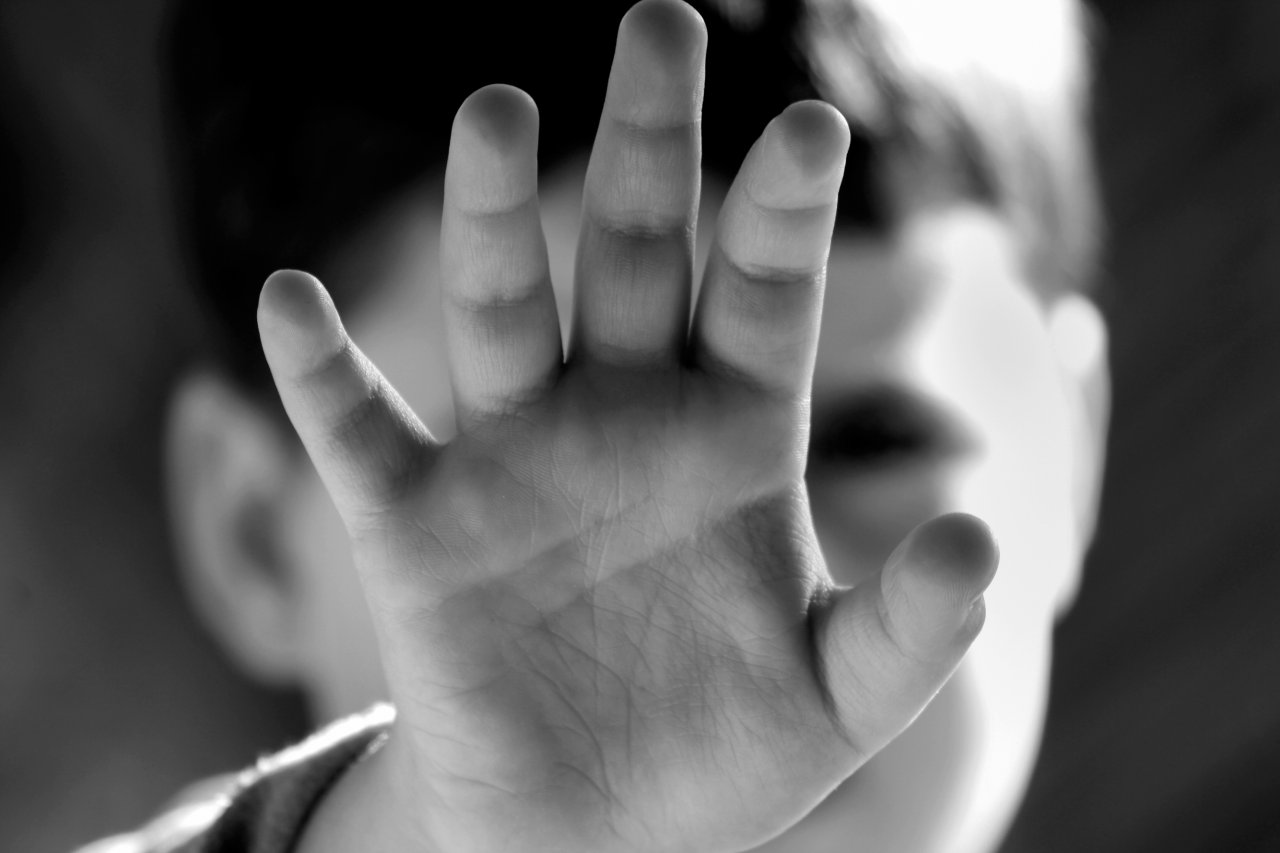Appropriately corresponding with school holidays, this week South Africans are marking Human Trafficking Awareness Week. In an effort to highlight a crime that has impacted citizens throughout the world, from October 2 to 9 South Africans are calling attention to the millions of children, women, and men who have been forced into slave labour, sexual slavery and other forms of exploitation. While human trafficking is generally understood to be cross-border in nature, according to experts most cases of trafficking occur within countries.
Speaking to VOC’s Breakfast Beat Show, programme director for a human rights organisation Anex, Claudia Smith explains that while accurate stats are currently unavailable, according to accounts by social workers and other stakeholders, human trafficking appears to be increasing.
Smith says that the new South African National Human Trafficking Resource Line (SANHTRL) has since July, 2016, received at least 153 calls from across the country and Namibia.
Given the increase in cases of human trafficking within South Africa, Smith asserts that the problem cannot be ignored any longer as more children lay prey to traffickers.
“Because young people are becoming more and more vulnerable, the traffickers do their homework and know who to target and how,” she stated.
Smith affirms that the luring of children on social-media by traffickers is becoming increasingly prevalent.
Describing these forms of traffickers as “blesses”, she says that traffickers often lure vulnerable children by promising them a better life.
“Our biggest human need is to feel that we belong; so I will go along with this man and give him whatever he needs to get that sense of belonging, even if it means that I will go and do sex work,” she elaborated.
Smith, therefore, asserts that often those who have been exploited do not view themselves as victims, but instead view their situation as a means to security.
She further notes that five cases were referred to an organization called Stop Trafficking, which investigates alleged employment opportunities. The organization discovered that all five cases were in fact fronts for trafficking.
While human trafficking is generally understood to be cross-border in nature, Smith affirms that most cases of trafficking occur within countries.
“People need to understand the process of trafficking; you get recruited, transported and exploited.
Given the fact that the United Nations Children’s Fund (Unicef) estimates that human trafficking syndicates have generated R437 billion worth of profit globally, she says that the issue with the act of trafficking is the fact that the crime can only be ascertained once the exploitation has taken place.
Smith says that the establishment of the new resource line will enable the development of a standard operating procedure that will assist in monitoring human trafficking cases within the country.
“Currently we do not have exact figures; organisations and government work too fragmentally.”
In light of increased reports of child trafficking within the country, she confirms that only one shelter has been established to shelter adult trafficking victims, whilst none exists for child and men trafficking victims.
“There is the aspect of safety and security if you accommodate victims of human trafficking, because of the crime syndicate that is linked to it,” she notes.
As trafficking is generally associated with either adult females or children, Smith explains that there has been an influx of men who have been trafficked from Nigeria.
She urges everyone to understand that human trafficking occurs within the context of a relationship, through social media or personally and, therefore, encourages parents to constantly be aware of whom their children are communicating with.
“There is not a profile of a human trafficker – it can be anyone. So, know your relationship with your child and know who your children are interacting with,” Smith continued.
If you are witness to any suspicious activity, forward the complaint to the National Human Trafficking Resource Line, on: 0800 222 777.
VOC






 WhatsApp us
WhatsApp us 

